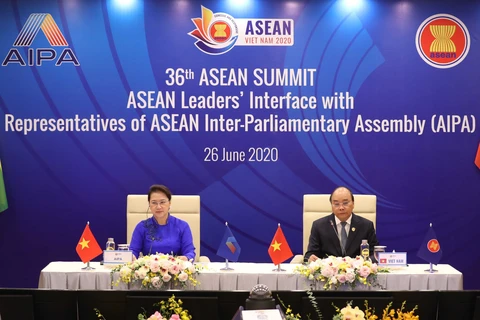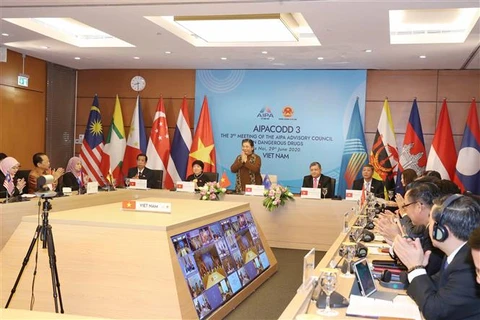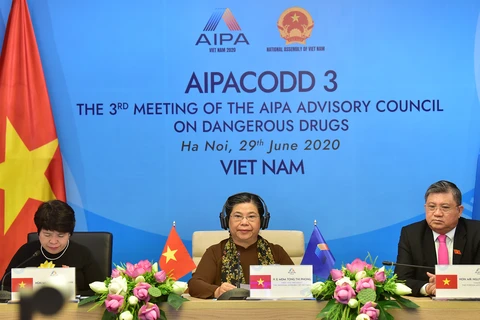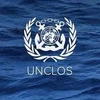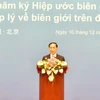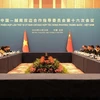Hanoi (VNA) – As Chair of the ASEAN Inter-Parliamentary Assembly (AIPA) for 2019-2020, the Vietnamese National Assembly (NA) hosted a virtual conference on “Parliamentary Partnership on Educational and Cultural Cooperation for Sustainable Development” (AIPA ECC) on July 30.
Initiated by host Vietnam, this meeting aims to provide an chance for member parliaments and partners to discuss AIPA cooperation in the fields of education and culture to realise the UN 2020 Agenda for Sustainable Development, thereby contributing to maintaining the cultural identity and building a prosperous ASEAN community.
In his opening remarks, NA Vice Chairman Phung Quoc Hien stated that the world is facing many serious and urgent issues such as environmental pollution, exhaustion of resources, ecological imbalance, ethnic conflict, consequences of development and urbanisation, and especially the current COVID-19 pandemic. These hinder the implementation of the 2030 Agenda for Sustainable Development, which includes 17 goals to end poverty, protect the planet and ensure prosperity for all.
“As legislators, we need to take action to fulfill our responsibilities and commitment to the implementation of the sustainable development goals as stated in the Hanoi Declaration at the 132nd Assembly of the Inter-Parliamentary Union (IPU-132) with the theme "Sustainable Development Goals: Turning words into action" in April 2015.”
“In the framework of this conference, we will focus on educational and cultural cooperation, a big issue for building the ASEAN Socio-Cultural Community ”, he stressed.
According to the NA Vice Chairman, in recent years, the educational and cultural cooperation among ASEAN countries has been increasingly strengthened and achieved encouraging results. However, education in ASEAN still faces some obstacles, including the big gap among member countries in terms of quality and management level, budget for education, lack of connection between different training systems, mutual recognition of qualifications, and internationalisation of regional qualifications. Besides, the preservation of cultural heritages in the region confronts many challenges from climate change, natural disasters, pollution and consequences of excessive tourism exploitation.
Martin Chungong, IPU Secretary General, stressed that the COVID-19 pandemic has threatened and even dimmed the results achieved by the community during the past time. Therefore, the actions of parliaments at this time play an extremely important role to continue promoting the goals and agendas for sustainable development in the coming period.
Participants shared information and experience on educational and cultural cooperation, clarifying the role of parliaments in developing a common legal mechanism to recognise the quality of education between countries in the region.
They also discussed cooperation mechanisms in developing distance and online education in the context of the ravaging COVID-19 pandemic; as well as the building of a legal corridor to conserve and connect cultural heritages in the region for sustainable tourism development/.
VNA

